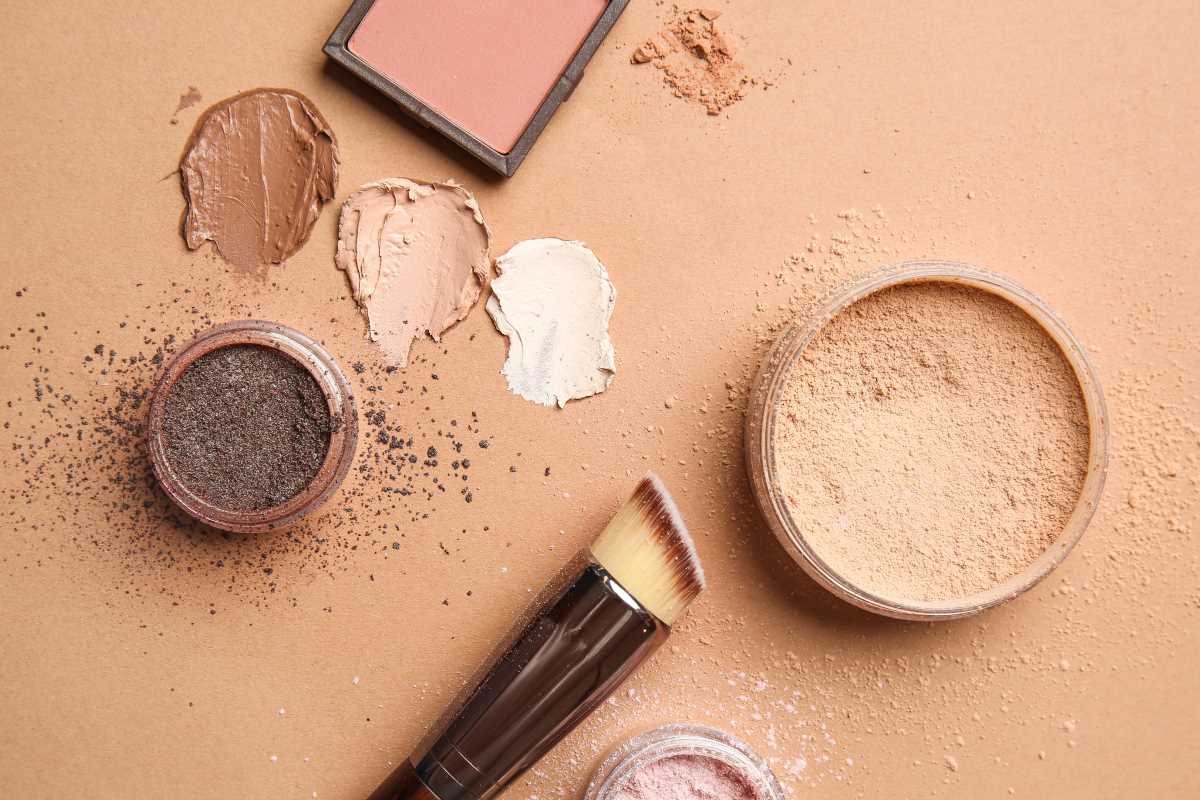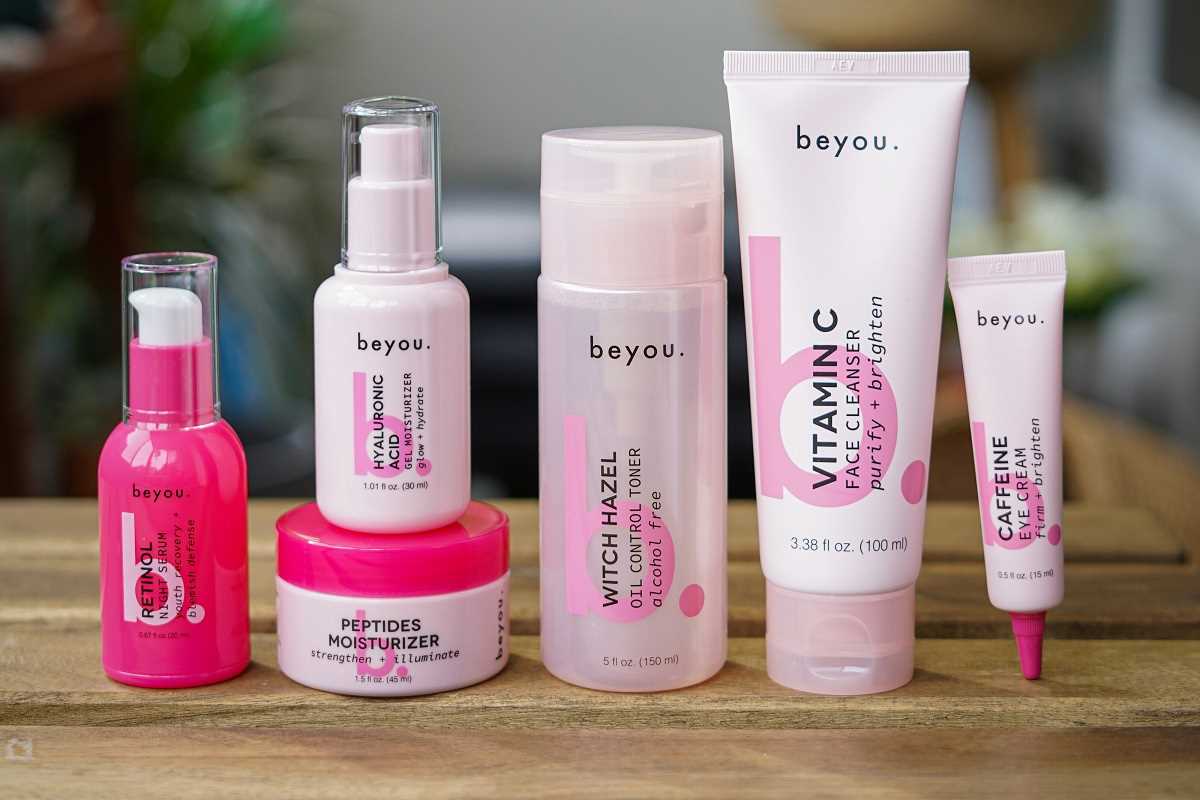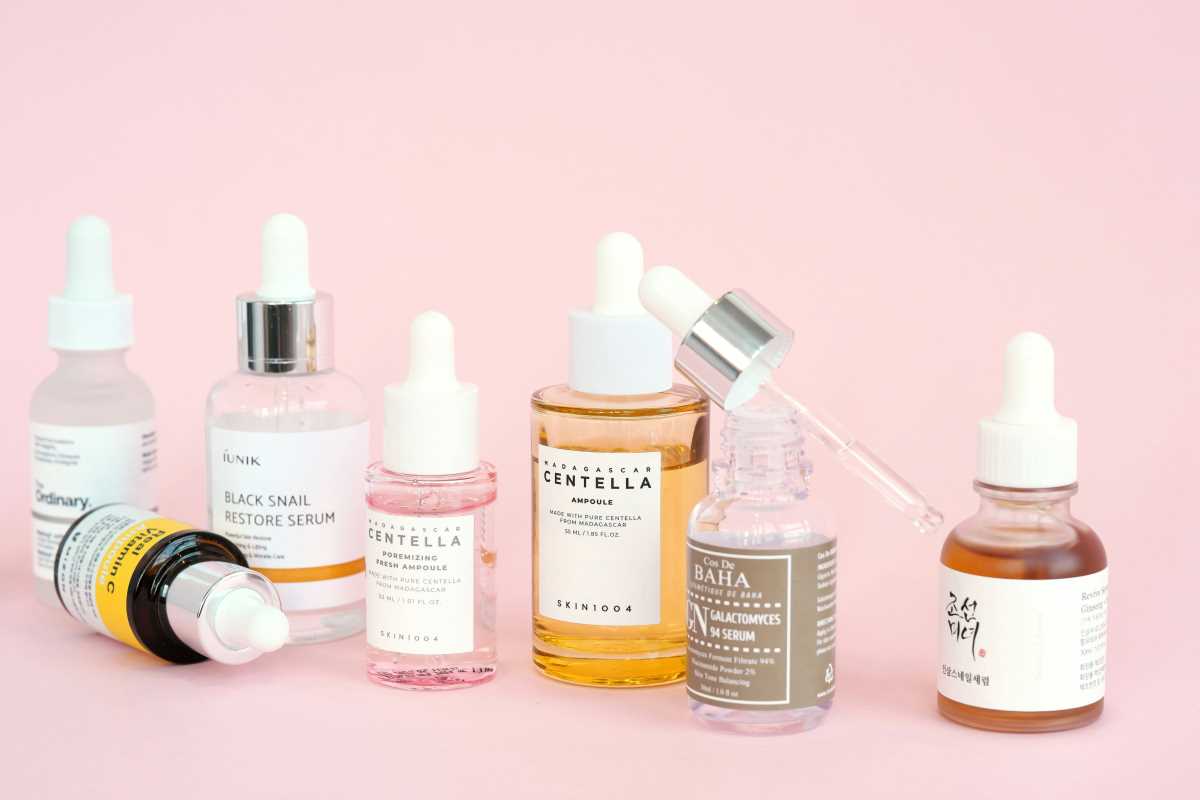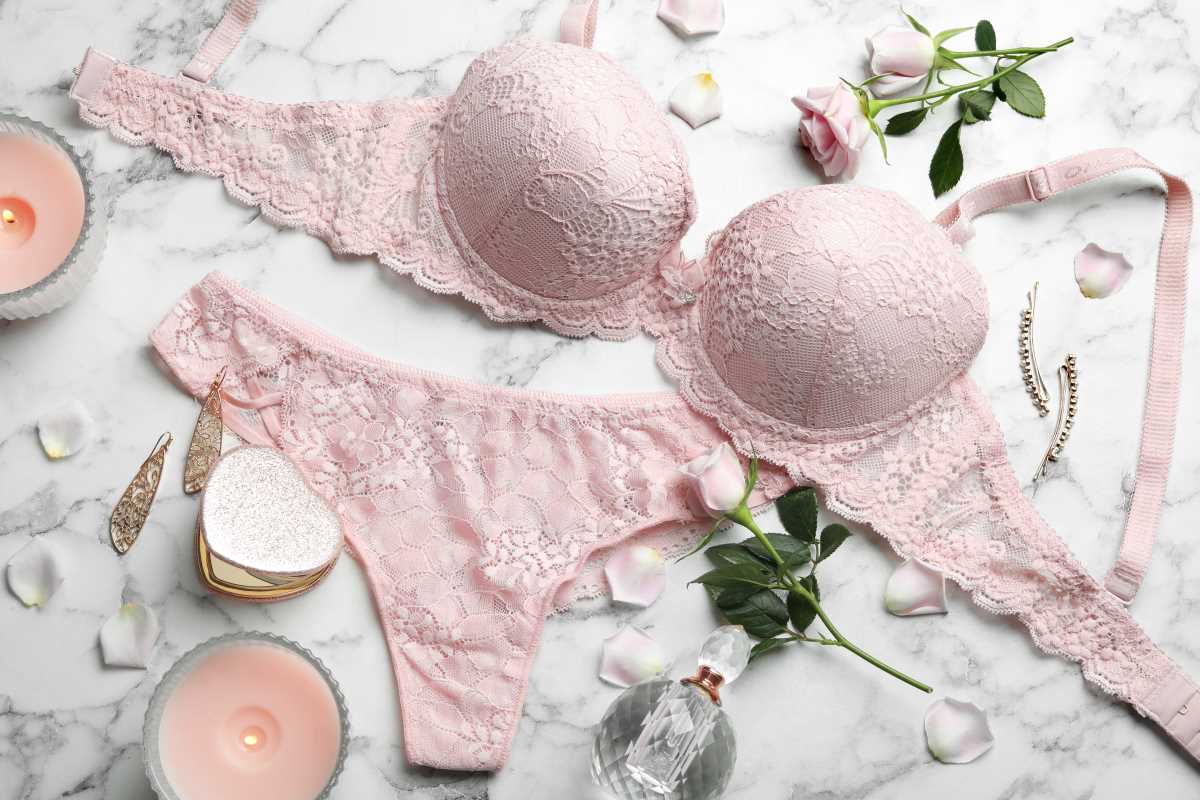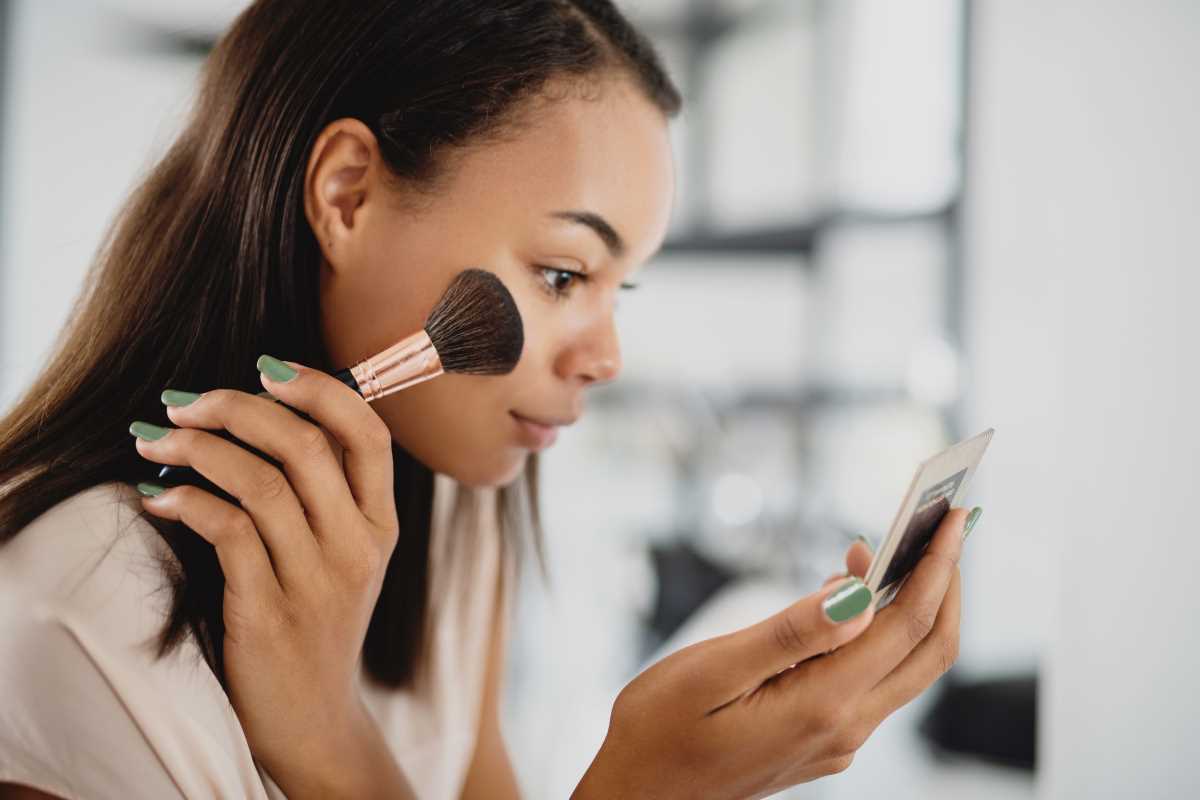When it comes to our beauty routines, many of us are focused on enhancing our appearance and achieving that radiant glow. We meticulously choose products that promise flawless skin, lustrous hair, and a polished look. But have you ever stopped to think about whether the beauty products you use daily might be putting your health at risk? From skincare and makeup to hair care products, many of the items lining the shelves contain ingredients that could potentially harm your body over time. It's crucial to become more conscious about what we're applying to our skin and to start making informed decisions. Let's explore this topic in depth to help you make better choices and protect your overall well-being.
Hidden Risks in Beauty Products
Many beauty products contain harmful ingredients that you might not even be aware of. These substances can have a range of negative effects, from skin irritation to hormone disruption, and even more serious health concerns over time. One of the most common culprits is parabens, which are used as preservatives in many cosmetics to prevent the growth of bacteria and mold. While this may sound beneficial, parabens have been linked to hormone disruption because they mimic estrogen in the body. Some studies suggest that exposure to high levels of parabens may contribute to the development of certain cancers, such as breast cancer.
Another group of harmful chemicals to watch out for are phthalates, often found in fragrances, nail polish, and hair sprays. Phthalates have been shown to interfere with the endocrine system, leading to hormonal imbalances. This can be particularly concerning for individuals who are already dealing with hormonal issues or who are in vulnerable stages of life, such as pregnancy. Additionally, formaldehyde-releasing agents, which are sometimes used in hair straightening treatments and nail products, are classified as carcinogens and can cause allergic reactions or respiratory issues.
Beyond these well-known ingredients, other concerning substances include synthetic fragrances, toluene, and sulfates, all of which can contribute to skin irritation, allergies, or more serious long-term health effects. Many beauty product manufacturers prioritize cost and shelf life over safety, which is why these ingredients are still commonly found in many mainstream products. Therefore, reading ingredient labels and being mindful of what you're using is essential for safeguarding your health.
The Benefits of Natural and Organic Alternatives
One way to reduce your exposure to potentially harmful ingredients is by choosing natural or organic beauty products. These products are formulated without synthetic chemicals and are instead made from plant-based or mineral ingredients. For instance, natural skincare products might use oils like jojoba, rosehip, or argan to moisturize and rejuvenate the skin, instead of relying on synthetic emollients that may clog pores or cause irritation.
Organic beauty products are another excellent option, as they are typically produced without the use of pesticides, fertilizers, or other harmful chemicals that could linger on the skin or be absorbed into the bloodstream. Organic makeup, for example, may use natural pigments derived from plants and minerals, offering a safer alternative to conventional cosmetics that often contain artificial colors and chemicals.
It's important to note, however, that not all natural or organic products are created equal. Just because a product is labeled as "natural" doesn't necessarily mean it's free from harmful additives. It's still important to read labels carefully, look for certifications, and do your research to ensure you're purchasing products that are genuinely safe for your skin and overall health.
The Importance of Patch Testing
Even if you're using natural or organic products, it's essential to incorporate patch testing into your routine. Patch testing involves applying a small amount of the product to a discreet area of skin, such as the inner forearm or behind the ear, to see if any irritation or allergic reactions occur. Leave the product on for at least 24 hours and monitor the area for any redness, itching, or swelling. If no reaction occurs, the product is likely safe to use on your face or other sensitive areas of your body.
This simple step can save you from potential discomfort or skin problems. Many people skip patch testing because they're eager to try a new product, but it's crucial to remember that even natural ingredients can cause adverse reactions in some individuals. For example, essential oils like lavender or tea tree oil, while natural, can be highly potent and may trigger sensitivities in certain people.
Understanding Expiration Dates and Shelf Life
Just as food has expiration dates, so too do beauty products, and using them beyond their prime can have serious consequences for your skin's health. When beauty products expire, they can break down and lose their effectiveness. Worse, they can harbor bacteria and other pathogens that may cause skin irritation, infections, or other health issues.
For instance, mascara and liquid eyeliner are particularly prone to bacterial growth due to their proximity to the eyes, and they should be replaced every three months. Skincare products like creams and lotions typically last about six months to a year, depending on their formulation. It's a good idea to regularly check the expiration dates on your products and dispose of any that are past their use-by date. In some cases, expired products may not have a clear expiration date, so it's important to pay attention to changes in texture, smell, or color, which can indicate that the product has gone bad.
Seeking Professional Guidance
If you're unsure about the safety of the products you're using or if you're experiencing persistent skin issues, it's wise to consult a dermatologist or skincare expert. These professionals can provide personalized recommendations based on your skin type, concerns, and any sensitivities you may have. Dermatologists can also help you navigate through the overwhelming amount of skincare and beauty advice that exists, guiding you toward safe, effective products.
Professional guidance is especially important if you suffer from conditions like eczema, rosacea, or acne, as certain ingredients may exacerbate these issues. Consulting a professional can save you time and money by helping you avoid products that are unsuitable for your skin and recommending treatments that will work best for you.
Building a Safer, Healthier Beauty Routine
At the end of the day, a beauty routine shouldn't be just about appearances—it should be about prioritizing your health and well-being. By becoming more mindful of the ingredients in your products and making informed choices, you can create a beauty routine that enhances both your skin's appearance and your overall health. Choose products with safe, effective ingredients, perform patch tests, monitor expiration dates, and seek professional advice when necessary.
Your beauty routine doesn't have to come at the expense of your health. With a little effort and attention to detail, you can ensure that you're using products that support your body's natural beauty, rather than exposing yourself to unnecessary risks. Remember, your health is your most valuable asset, so invest in it wisely by making conscious, informed decisions about the beauty products you use each day.
